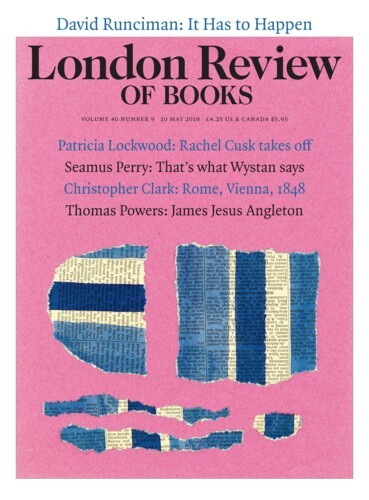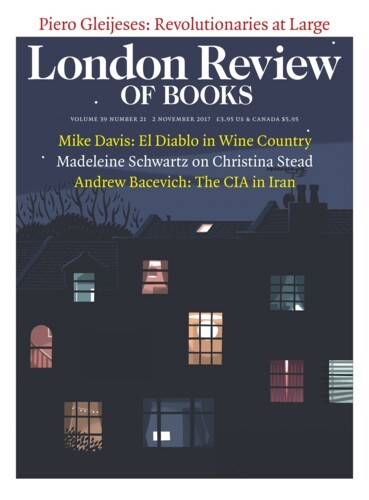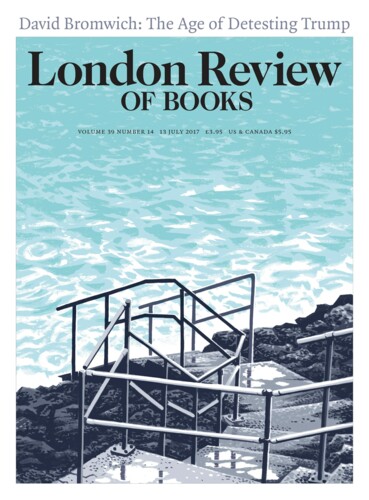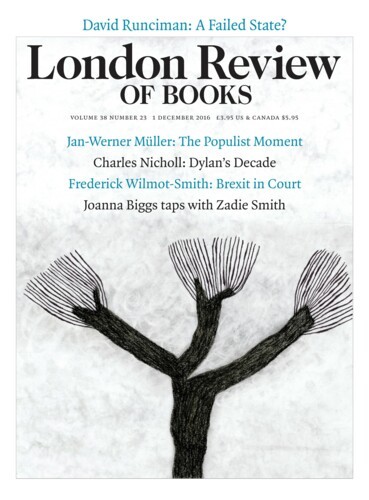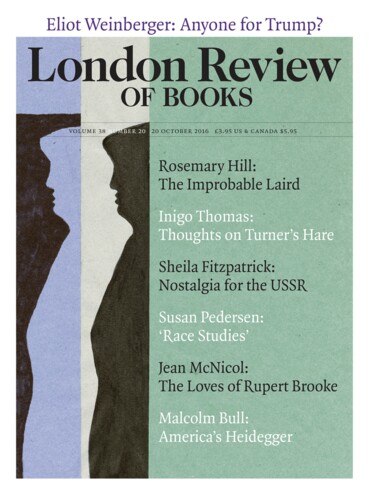Diary: The Marketisation Doctrine
Stefan Collini, 10 May 2018
‘But why have they done this?’ Standing in the foyer of the National Theatre in Prague, having just taken part in a debate on ‘The Political Role of Universities?’, I had fallen into conversation with a former rector of Charles University, who was asking me to explain the dramatic and – as we both thought – damaging changes imposed on British...
